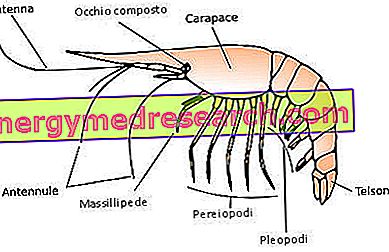Definition
Avoidance is a behavioral strategy that consists in avoiding all the situations that create negative moods and malaise: the individual moves away from an anxiety-inducing stimulus by refusing to face the event, objects or people that generate anxiety.
This psychic defense mechanism is implemented to manage emotions in the best possible way. Over time, however, avoidance can lead to a deterioration in the quality of life and may predispose to the development of a real social phobia.
Avoidance is at the base of the formation of phobias and the maintenance of dysfunctional beliefs (that is, of the convictions of dangerous objects or situations). This behavioral or cognitive defensive reaction is typical of anxiety disorders, as well as being one of the characteristic symptoms of the avoidant personality disorder and post traumatic stress disorder.
From the psychotherapeutic point of view, it is possible to successfully treat avoidance through a gradual exposure program, during which the subject tries to progressively modify the vicious circle that has been created, coming into contact with the anxiety-provoking situations, so that they are normal and acceptable.

Possible Causes * of Avoidance
- Anxiety
- Panic attack
- Borderline Personality Disorder
- Avoidant Personality Disorder
- Post-Traumatic Stress Disorder
- Hypochondria
- Asperger syndrome



